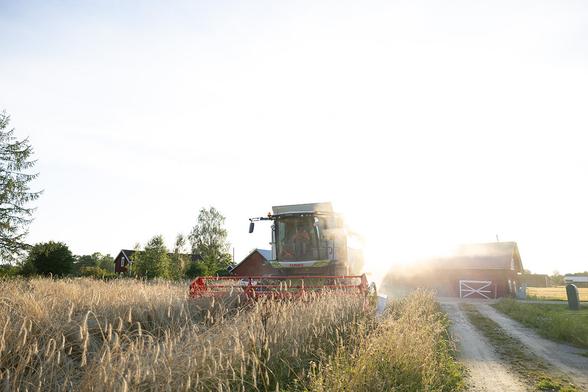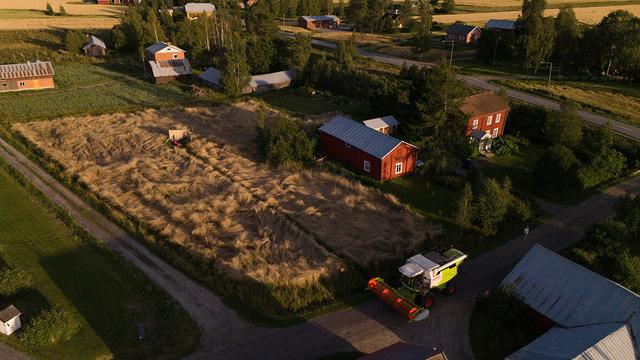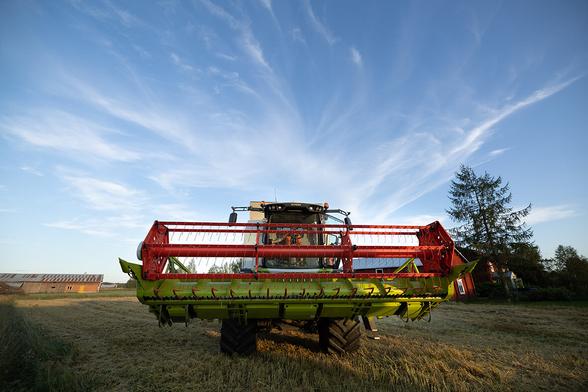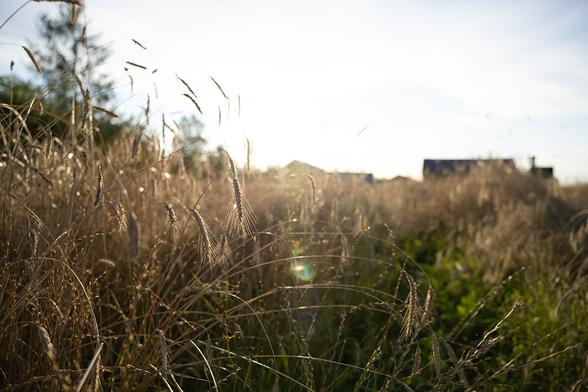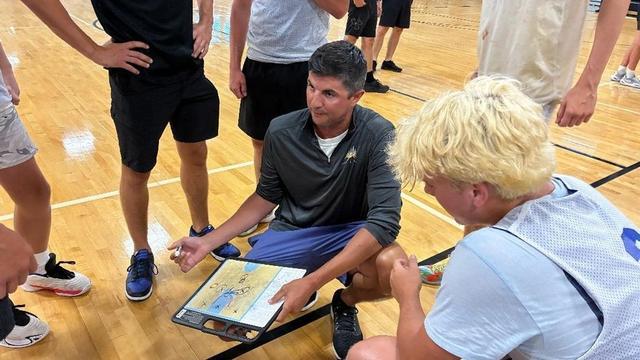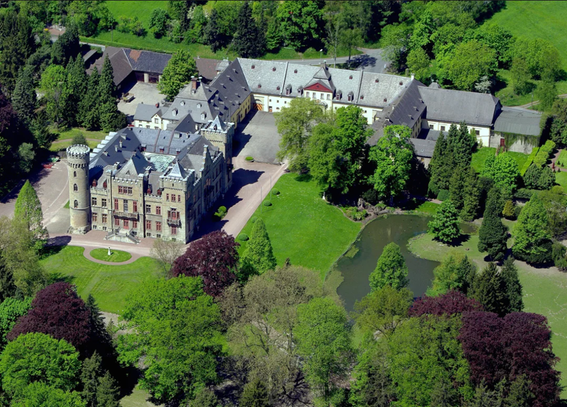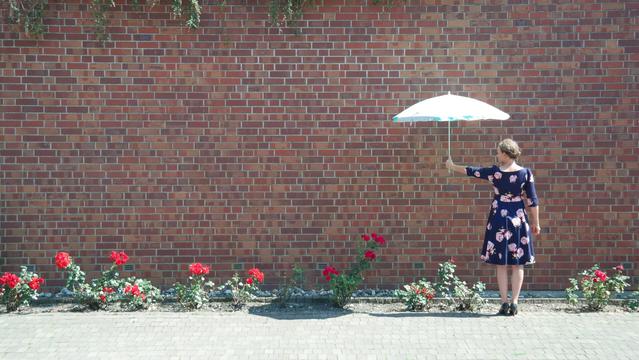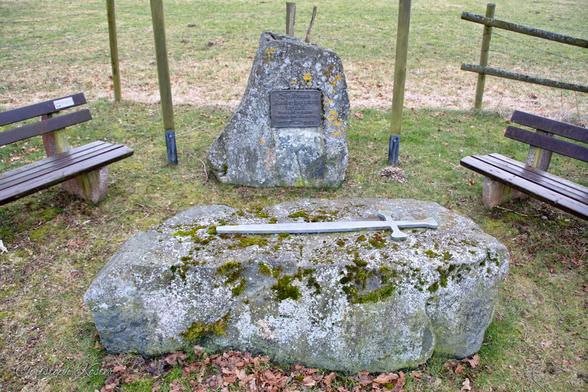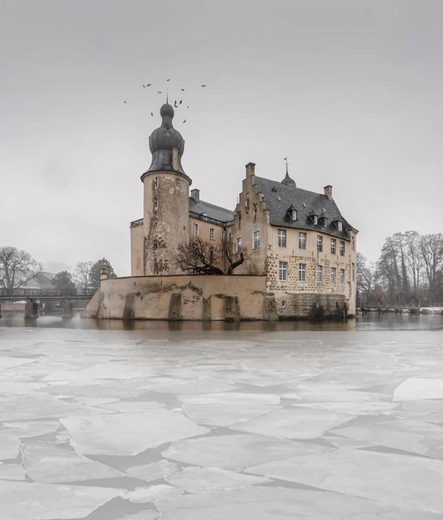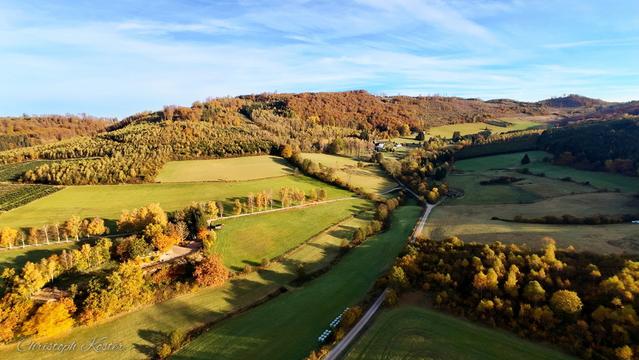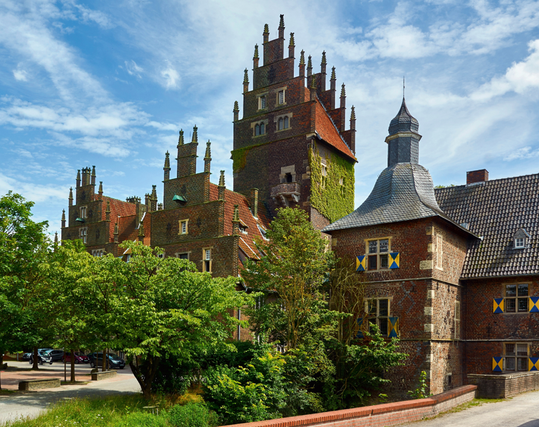We didn´t make it back on time to Finland. Due to the recent heat wave in the north, our rye ripened so fast that it was ready before the originally calculated date and had to be harvested as soon as possible. Fortunately, the village and our hosts were there and the harvest already took place on Wednesday. Our agricultural advisor arrived with his brand new (!) combine harvester, which had just been delivered to him from Westphalia, and our photographer Kim was available to document everything for us which was a great relief.
We were connected live via video. At least that was something.
The rye was so dry that it no longer needed to be taken to the drying facility.
We now have 700 kg of rye.
Next week we will also be back.
[PRESERVED // Rågens rike / Finland 2024-25 deals with the question of the identity-creating significance of rye for Finland - especially in the region of Vörå, resp. Ostrobothnia - and how this relationship can be reflected artistically ("Rågens rike" means "Kingdom of Rye" and describes this very region - Finlands granary) The project is hosted by Abramsgården in Vörå (Vöyri) in the Swedish speaking part of Finland, a cultural center in the countryside run by Dorothee Schulte-Basta and Peter Lüttge. Scheibe & Güntzel = Jan Philip Scheibe and Swaantje Güntzel].
Thank you, Kim Blåfield, for the great images!
With the support of:
Finnland-Institut in Deutschland für Kultur, Wissenschaft und Wirtschaft GmbH Mikko Fritze
Finnlines
#Vöråsparbankaktiastiftelse #harryschaumanstiftelse #grannaslantbruk
#perjohangrannas #tommyantill #abbeberglund
#art #conceptualart #participartoryart #preserved #scheibeundgüntzel #vörå #vöyri #rye #grainfarming #claas #harvester #grainfarming #finnlines #finnlandinstitut #mikkofritze #kimblåfield #finland #finnland #heatwave #westfalen #westphalia #abramsgården #ostrobothnia #österbotten #roggen #roggenfeld #ernte #erntezeit #climatecrisis
